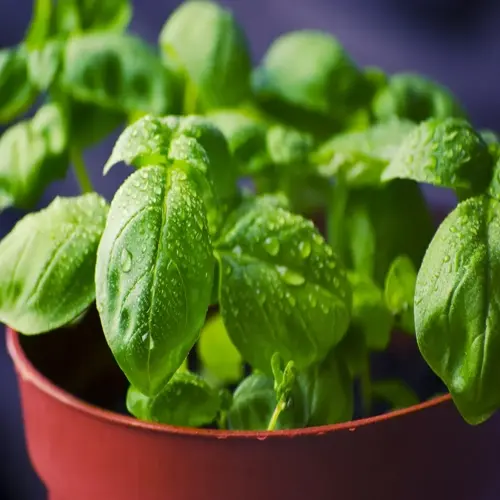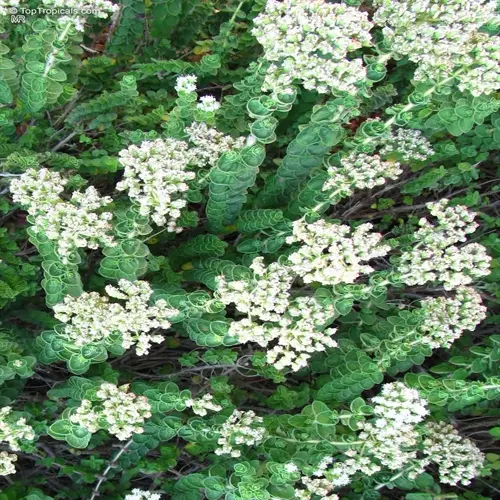How long does a parsley plant typically live?

Written by
Liu Xiaohui
Reviewed by
Prof. Martin Thorne, Ph.D.The lifespan of parsley plants varies based on how the plants are grown and the climate conditions prevalent in your location. Parsley is a biennial herb, meaning its life cycle consists of two distinct stages. The first year is spent growing leaves, while the second year is spent producing flowers and seeds. Most gardeners find that treating parsley as an annual plant produces the best flavor due to the changes that occur over time. When we understand these growth stages, we can maximize productivity when growing parsley.
Growth Phases
- Year 1: Vigorous leaf production ideal for culinary use
- Year 2: Flowering and seeding with diminished leaf flavor
- Completion: Natural death after seed dispersal
Climate Impact
- Cool zones (3-6): Typically completes full biennial cycle
- Warm zones (7-10): Often behaves as winter annual
- Indoor cultivation: May extend to 18 months with care
Prolonging Techniques
- Pinching flowers: Redirects energy to foliage growth
- Container rotation: Prevents root binding stress
- Controlled lighting: Delays flowering phase indoors
Flavor alterations are also apparent during a parsley's second year, making replanting each year more favorable. As energy is transferred to flowering, the leaves develop a stronger, sometimes even bitter, taste. I also remove parsley after 8 months to maintain continuous quality in cooking. I save seeds to create free plants for continuous food use and harvesting. Save seeds when the size of the umbrella turns brown.
For indoor extension techniques, you can get several more months of productive parsley life. Maintain 14 hours of daily light and a temperature of 65-75°F. Rotate plants week-to-week for even growth. My kitchen parsley lasts 14 months of production with monthly fertilizer and regular root pruning. Do not allow the temperature to exceed 80°F.
Climate adaptations can influence the longevity of a lifespan. For zone 7 plants, mild winters may allow them to survive the winter, and flowers are produced in the spring. In the south, it is likely for some growers to get three harvests in one planting. I heavily mulch for cold protection, and this maximizes harvests. Keep an eye on your plants for signs of bolting.
Replacement timing guarantees ongoing harvests. Sowing plants throughout the growing season offers additional transitions. When the older plants lose vigor, the younger ones can reach harvestable size. This method will effectively keep you supplied with fresh items your customers demand. I manage parsley at four growth stages at once.
Read the full article: How to Grow Parsley: Complete Expert Guide

